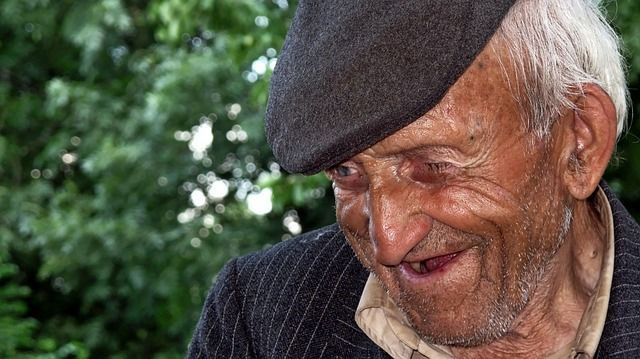'Extreme Old Age' Has More To Do With Genetics Than Health; New Gene Variants Linked To Aging Found

Every few years, a news article surfaces with “tips for longevity” from a centenarian. While these tips may be helpful, the articles fail to explain that one of the largest determiners of old age is genetics, regardless of how much kale you eat or how many miles you run. In a new study, researchers have identified some of the genes behind extreme old age, and hope the results will help us better understand how some people live to 100 and beyond.
The study, published online in Journals of Gerontology: Biological Sciences, identified new rare gene variants associated with extreme survival and reduced risk for cardiovascular disease, hypertension and Alzheimer’s disease; it also confirmed variants previously associated with longevity, Boston University reported.
“We expect that many more uncommon genetic variants remain to be discovered through sequencing of centenarian samples,” explained the researchers, BU reported. “Larger sample sizes are needed to detect association of rare variants…and therefore promising associations that miss the threshold for genome-wide significance are important to discuss.”
Read: 'Biological Immortality'? Gabby Williams’ Genetic Condition Prevents The 8-Year-Old From Aging
The research is actually a combination of four previous studies on extreme longevity, and includes information from around 2,070 people.
Genetic variants are small changes in our genes that can lead to minor difference in our health and appearance. For example, while everyone’s DNA uses the same four letter, A, T, C, and G, to make genes, there can be slight different in these genes, Cornell reported. We all have the gene that determines hair color, but certain gene variants may cause some people to have blonde hair, while other will lead to brown hair. Gene variants can also cause other differences among individuals, such as those that would support extreme survival.
Extreme old age is incredibly rare, with CBS reporting that only 0.02 percent of the U.S population lives to 100 or older. CBS reports that the majority of American aged 100 and older are women, most are widowed, and a surprising amount of them live in poverty. For example, 17 percent are described as living below the poverty level, a rate that is almost double that of people aged 65 and older.
While the research was eye-opening, the team noted that one of the most significant genes they found associated with longevity was only in a very small percentage of centenarians. This means that this gene alone could not be the reason for the long lifespan.
There is much we don’t know about the role our genes play in our aging, and while some genes can allow you to live to extreme ages, others may prevent you from every really aging. Such is the case of Gabby Williams, an eight-year-old girl who is still the size of an infant due to an unknown genetic disease that prevents her from growing up, Good Morning America reported.
Some scientists, such as medical researcher Richard F. Walker. who studied Williams, believe that uncovering the gene that stops aging could one day led to us being able to “switch it off” at a certain age, and essentially prevent us from ever growing old.
Source: Sebastiani P, Gurinovich A, Bar H, et al. Four Genome-Wide Association Studies Identify New Extreme Longevity Variants. Journals of Gerontology: Biological Sciences. 2017
See Also:
Stop Your Brain From Aging: Red Wine Compound Keeps Brain Young, Preserves Neural Connections
What Is Klotho? Anti-Aging Hormone Deficiency Is Early Sign Of Kidney Failure In Diabetes Patients
Published by Medicaldaily.com



























